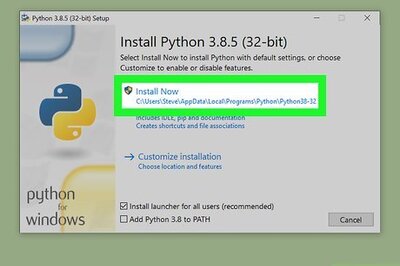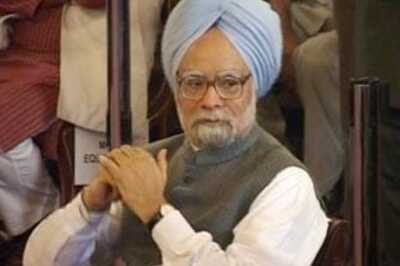
views
New Delhi: Arecibo message, the first interstellar radio message, was sent by researchers 44 years ago on November 16. Google on Friday celebrated this feat of the humankind through its Doodle.
Scientists had sent the message via frequency modulated radio waves to a cluster of stars 25,000 light years away to demonstrate the power of the Arecibo radio telescope, which was the largest and most powerful in the world at the time.
According to The Independent, Arecibo Message, sent from the Arecibo Observatory in Puerto Rico in 1974, is a three-minute message of exactly 1,679 binary digits - which, if arranged in a specific way, can explain basic information about humanity and earth to extraterrestrial beings.
"It was a strictly symbolic event, to show that we could do it," the report quoted Cornell University professor of astronomy Donald Campbell as saying.
The broadcast was particularly powerful because it used Arecibo's megawatt transmitter attached to its 305 meter antenna. The latter concentrates the transmitter energy by beaming it into a very small patch of sky.
The emission was equivalent to a 20 trillion watt omnidirectional broadcast, and would be detectable by a SETI experiment just about anywhere in the galaxy, assuming a receiving antenna similar in size to Arecibo's.
According to the report, the event moved some present to tears as researchers contemplated their own existence and knowledge of planets and solar systems. The hope is that, in many thousands of years, it may reach another living being. The actual message was devised by a team of researchers from Cornell University led by astronomer and astrophysicist Dr Frank Drake.



















Comments
0 comment